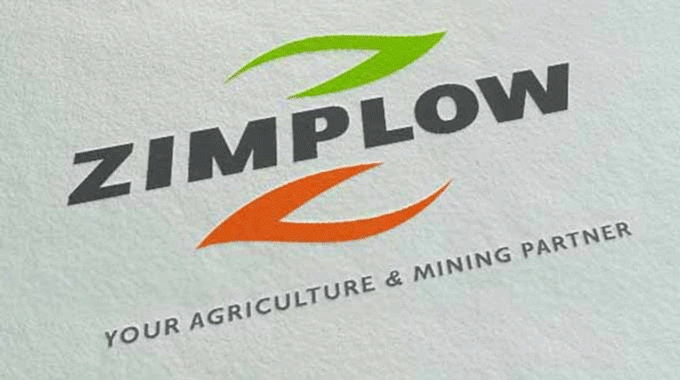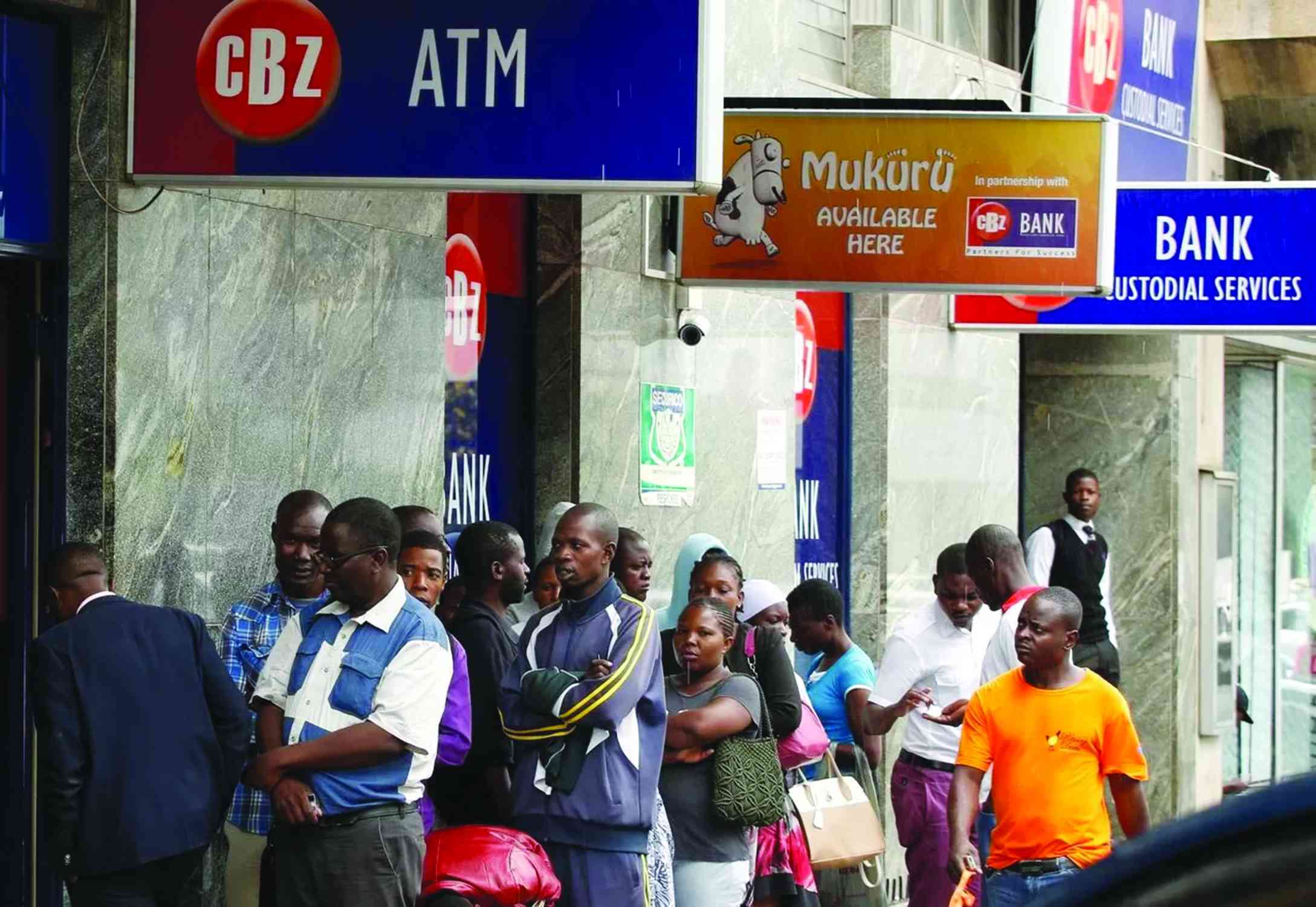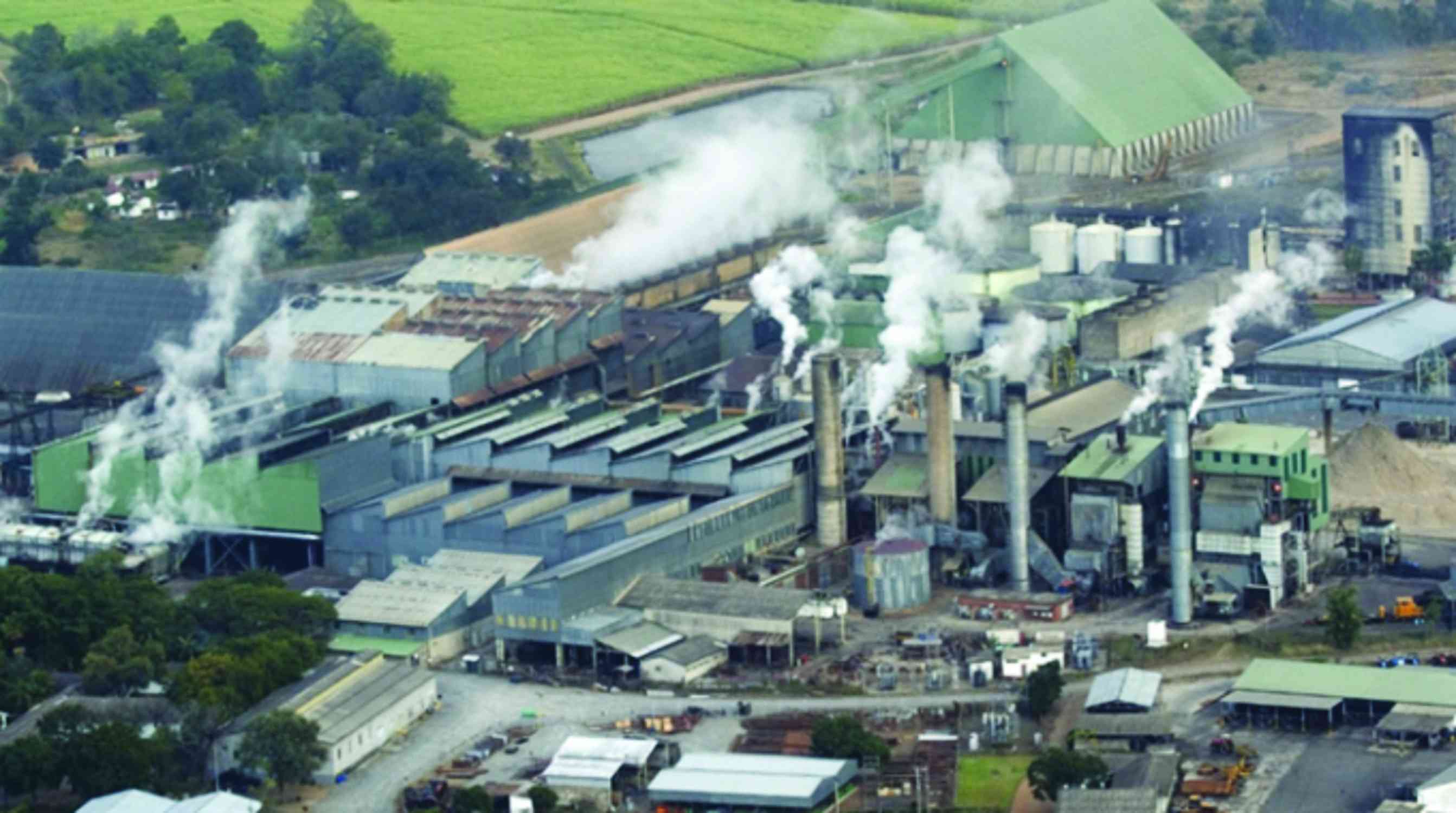
MTHANDAZO NYONI GOVERNMENT-controlled sole gold buyer Fidelity Printers and Refiners (FPR) could be a stumbling block to the country’s ambition to drive output to US$4 billion by next year, a resources campaigner said on Tuesday, as it pushed the bullion monopoly to “think outside the box”.
The US$4 billion target is part of a broader US$12 billion combined annual mining revenue that President Emmerson Mnangagwa’s government set out to achieve soon after assuming power in 2018. It wants the gold sub-sector to earn its first US$4 billion in 2023.
However, some have cast doubts over prospects of achieving this target since Chamber of Mines data showed early this month that the entire mining industry turned over US$5 billion last year.
This was less than half of the target projected.
Early this month, the Gold Producers Association moved forward the US$4 billion target to about 2028.
But in a new report, the Zimbabwe Environmental Law Association (Zela) warned FPR to avoid dragging the grand plan off track by sticking to its current scope of business.
Zela said FPR could still salvage the industry by diversifying into value addition, which drives revenue.
It said FPR must roll out strategies that give it traction to hold sway on the domestic bullion market by pushing out armies of illegal gold buying kingpins who currently rule the markets.
- Chamisa under fire over US$120K donation
- Mavhunga puts DeMbare into Chibuku quarterfinals
- Pension funds bet on Cabora Bassa oilfields
- Councils defy govt fire tender directive
Keep Reading
Their clout has come at a huge cost to the country, which loses over US$1,5 billion per annum through smuggling, according to recent estimates by resource campaigners.
“FPR should come up with innovative ideas that allow them to match or even outmatch the gold prices being offered by the black market and drive them out of business,” Zela said.
“This can never be achieved if FPR is still willing to only act as an official gold buying middleman in the country. They must think outside the box and start playing a bigger role in the gold value chain by adding value to the gold they mobilise, therefore, contributing more to the US$4 billion gold mining revenue target the country is marching towards.”
“There is still a need for innovative ideas as far as the whole mineral value chain is concerned. The value addition and beneficiation innovations are the ones that will determine the future of the country’s economy other than solely depending on the endowment of finite mineral resources which deplete,” Zela added.
Zela suggested it was time Zimbabwe ditched second rate gold markets and shipped out its bullion to more rewarding global markets.
“We do acknowledge that there are efforts to join the Dubai Gold Deliveries. As long as the FPR gold prices do not match cash being offered on the parallel market, most of the gold being produced by the small-scale miners will always find its way to the black market and might take longer than initially planned for the country to start realising US$4 billion worth of revenue from gold every year,” Zela added.
It said FPR needs to increase its presence in gold-producing areas, and help in capacitating the miners, so that they may stop getting loans from the parallel market.
There is also a need to eliminate delays in paying producers, especially the small-scale miners, who end up selling gold to the black market where they get quick cash, it said.
“The centralised gold buying system by FPR sometimes plays a part in fuelling illicit gold trade as miners do not feel safe travelling long distances with gold without all the paperwork needed so they end up selling to the unregistered gold buyers who are readily available in all gold producing areas around the country.”











